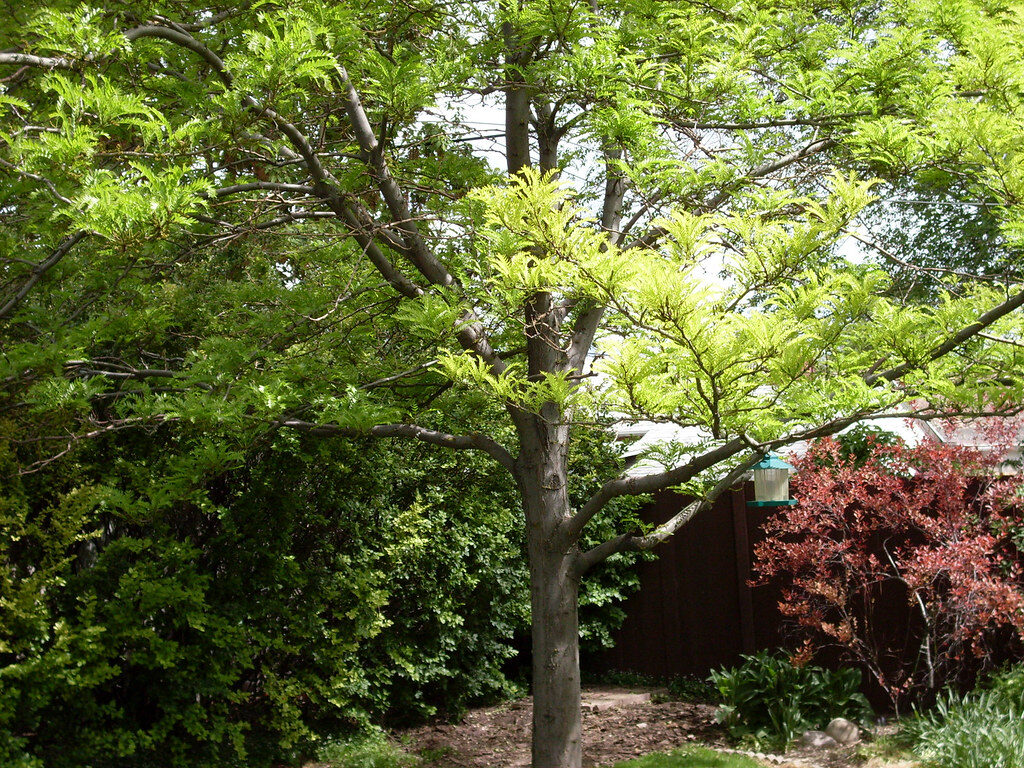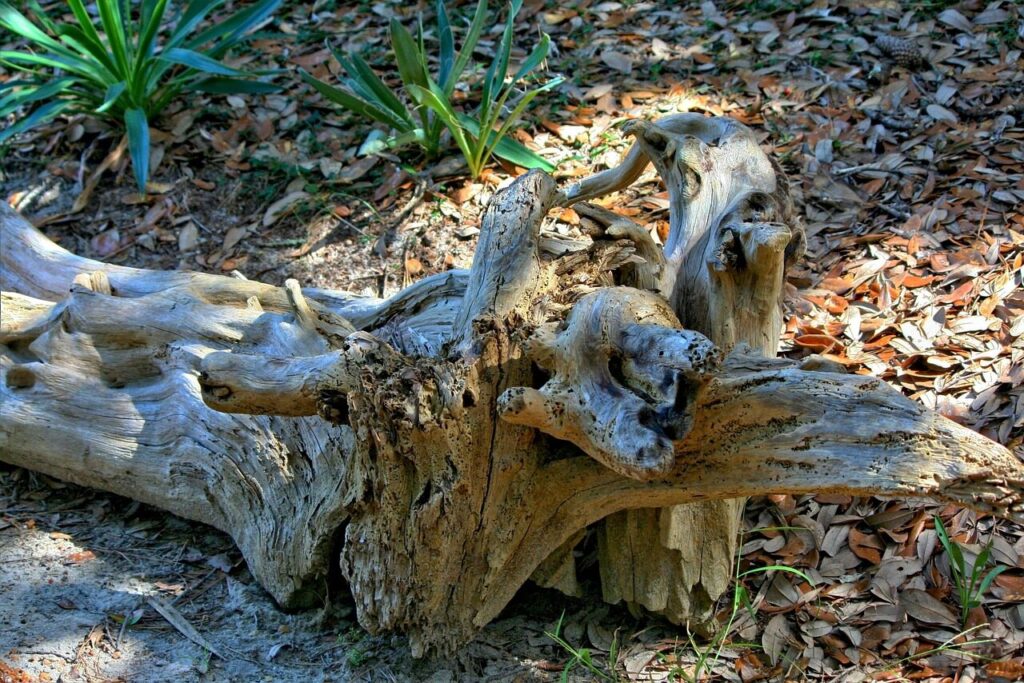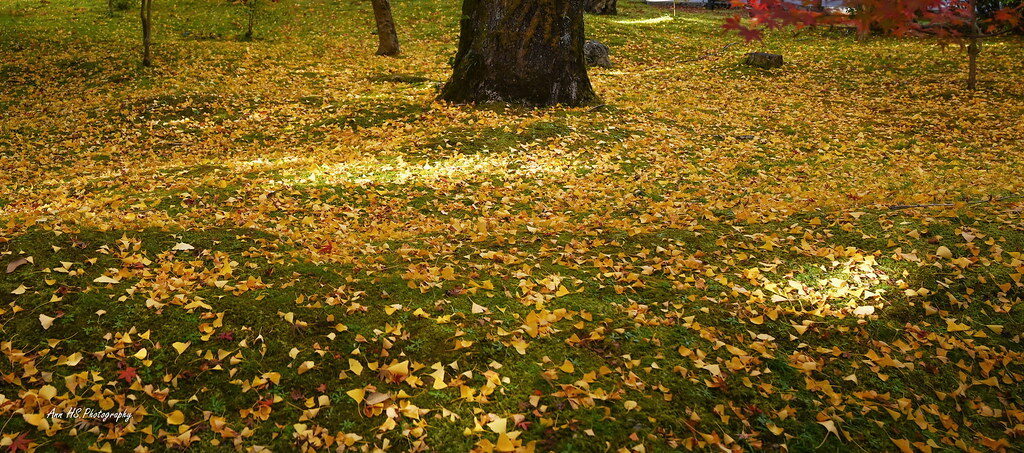As the seasons shift and trees begin shedding their leaves, homeowners often find themselves dealing with nature’s messy beauty. One day, your lawn is spotless, and the next it’s covered in leaves that clearly didn’t fall from your own tree. It’s a common scenario that raises a tricky question: who’s responsible for cleaning them up? While it might seem unfair when your neighbor’s tree litters your yard, most local property laws see falling leaves as a natural event rather than a neighbor’s fault. Understanding your rights, along with a dose of patience and communication, can help you handle the situation without turning it into neighborhood tension.
Understanding Property Responsibility

When it comes to fallen leaves, the general rule is simple: the property owner is responsible for cleaning up whatever lands on their own yard. Whether those leaves came from your tree or your neighbor’s, they become your responsibility once they touch the ground. Falling leaves, twigs, or acorns are considered natural occurrences, not damage or neglect. Since you can’t control the wind, the law doesn’t hold your neighbor accountable for the debris. However, some communities or homeowner’s associations may have their own rules regarding maintenance or cleanup, so it’s worth checking those if you’re unsure. In most cases, as long as the tree is healthy and not posing any danger, you’re expected to manage your own yard upkeep.
When Tree Debris Becomes a Real Problem

While leaves are typically harmless, there are instances when a neighbor’s tree can become more than just a seasonal nuisance. If large branches overhang your yard or roots spread into your property, causing damage to structures, plumbing, or fences, the situation changes. You have the right to trim branches or roots that cross your property line as long as it’s done without harming the tree. If the tree is diseased or dying and poses a safety risk, your neighbor could be held liable if it causes damage. The best first step is always communication. Politely let your neighbor know about the issue before taking action. In cases where there’s potential danger or disagreement, contacting your local government or a legal expert can help clarify responsibilities and solutions.
The Role of Communication and Courtesy

Beyond laws and property lines, good neighborly relationships matter most. Instead of turning falling leaves into a dispute, approach the situation with understanding. A simple, friendly conversation can go a long way. Maybe you both agree to share cleanup duties or schedule tree maintenance before autumn hits its peak. Many neighborhoods thrive on cooperation, and small gestures of courtesy can prevent larger conflicts later. Remember, leaves are a temporary part of the season, but how you handle the situation can shape how pleasant your neighborhood feels year-round. A bit of teamwork, respect, and a trusty rake can turn an annoying task into an opportunity to build stronger community ties.
Comments